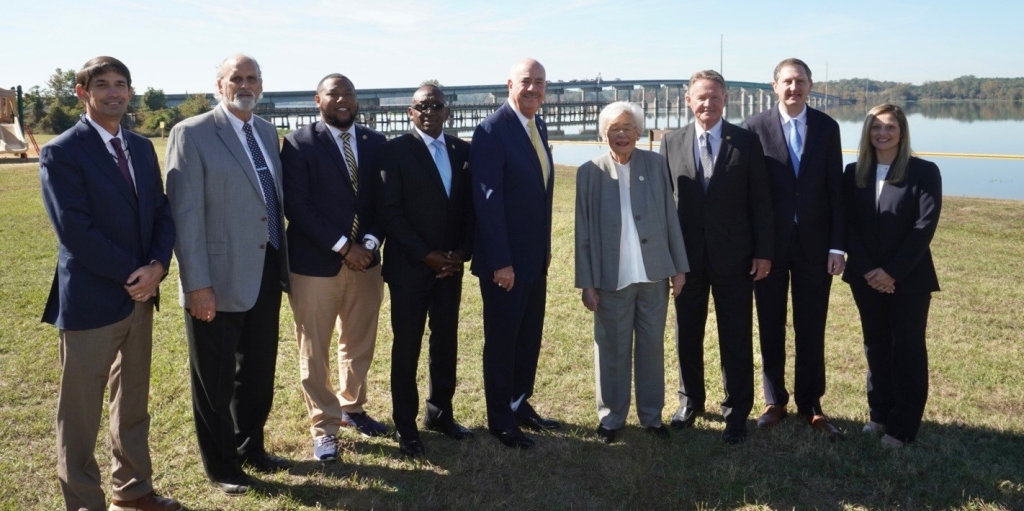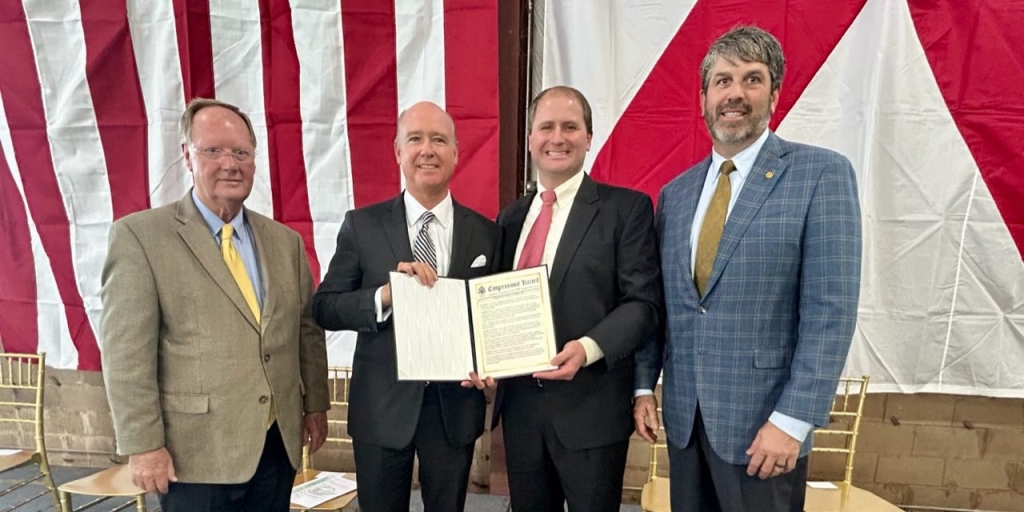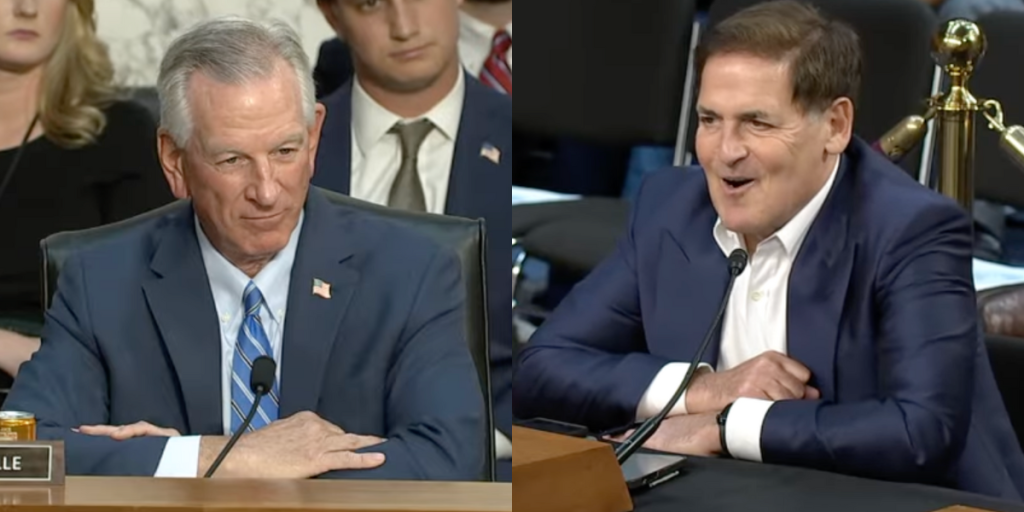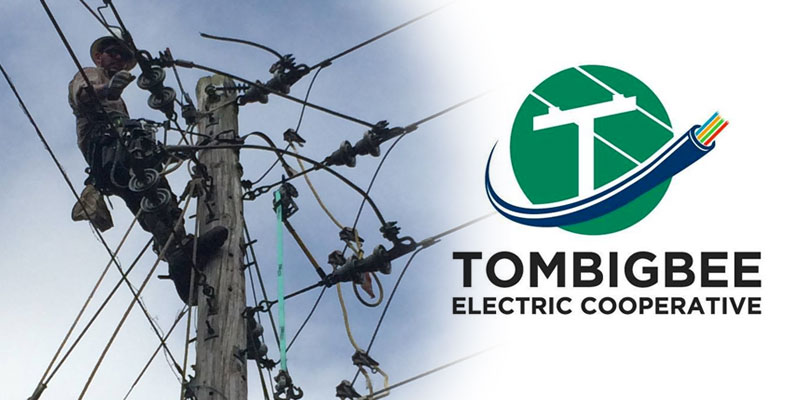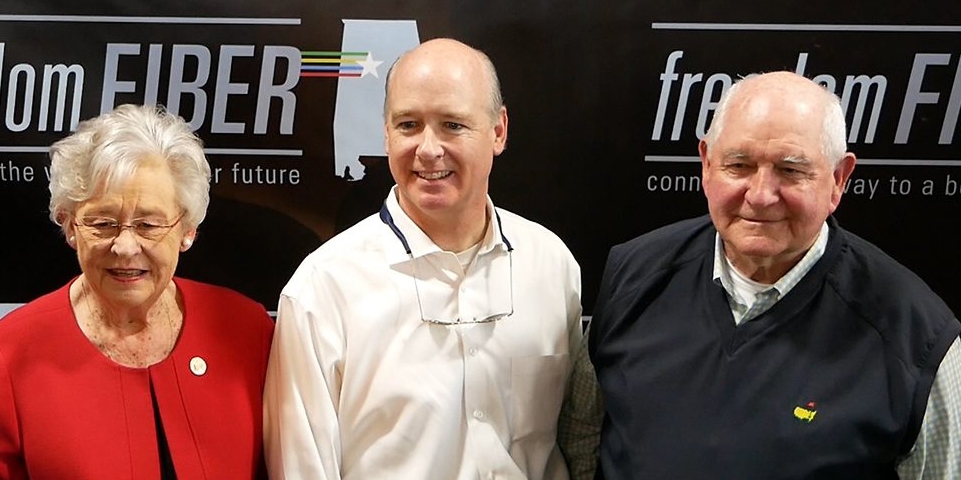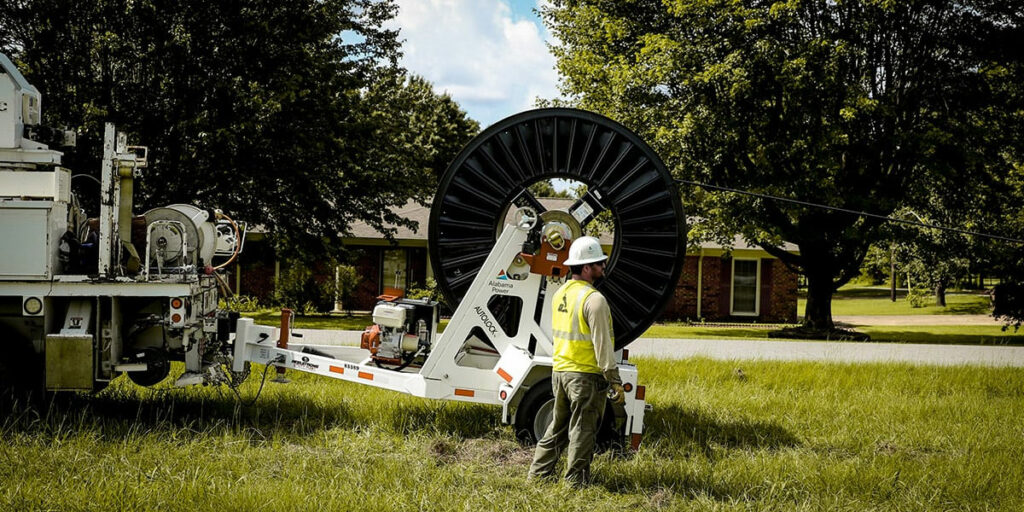In his first hearing as ranking member of the U.S. Agriculture, Nutrition, and Forestry (AG) Subcommittee on Rural Development and Energy, Sen. Tommy Tuberville called reliable broadband throughout the state, especially in rural areas, “vital.”
“In today’s day and age, access to reliable internet service is not a want—it is a need. It’s vital,” said Tuberville (R-Auburn). Rural communities cannot compete, much less survive, with urban areas unless they have broadband internet. If the pandemic taught us anything, it’s that Americans need reliable and fast internet to work, take online classes and complete homework, have virtual meetings through Zoom, and participate in telemedicine.
“Additionally, our farmers rely on internet access to operate their equipment and operations. The technology of farming is constantly changing, and our producers need resources to remain competitive. Modern farming utilizes precision agriculture technologies, tractors and combines with GPS systems, and irrigation equipment that can be managed remotely from smartphones and tablets. Without internet access, our farmers cannot farm, and our rural communities will get left behind. In Alabama, 55 out of the 67 counties, are considered rural. Out of the State’s total population, 43.6% live in rural areas.”
Tuberville then spoke about the needs of one of the most poor, rural areas in the state.
“Rural development programs aim to prioritize investments in the most rural and underserved areas across the country, which are often economically depressed,” he said. “In Alabama, this region is called the Black Belt, which consists of 19 counties in the western part of the state. The Black Belt is the home to nine out of [the] ten most economically challenged counties in the state. These areas are in critical need of support and development. A vital step in developing our rural communities is ensuring access to reliable broadband service.”
The senator also discussed broadband provisions that are found within his Farm Bill and the USDA’s role in broadband access.
“Two key considerations need to be kept top of mind throughout our discussions today on broadband in the Farm Bill: Prioritizing unserved areas and considering feasible buildout speeds to provide reliable service. In their latest funding proposal, the USDA increased requirements for sufficient broadband access from speeds of 25 over 3 Megabits per second to 100 over 20 Megabits per second download and upload speed,” Tuberville said.
The amount of Alabamians who didn’t have access to reliable broadband was Tuberville’s next topic.
“Yet, about 10 percent of Alabamians do not have access to download and upload speeds of 25 over 3. Furthermore, only 34 percent of my state has access to fiber-optic service which can supply 100 over 100 symmetrical speeds,” he said.
“How are we supposed to close the digital divide if we are leaving our rural communities in the dust? This subcommittee cannot focus solely on providing fast speeds when we continue to have areas with no service at all. These service gaps are what we should consider when allocating resources.”
Fred Johnson, CEO of Farmers Telecommunications Cooperative in Rainsville, also spoke at the hearing.
“The uprecedented committment of the United States Congress to expand the deployment of broadband holds great promise for the nation, yet the task is substantial and there are pitfalls to be avoided,” said Johnson. “Important lessons drawn from the prior successes must not be forgotten. The Farm Bill affords you an opportunity to ensure they are not.”
Johnson believes that broadband resources should go to those who need it most.
“May I suggest that the U.S. Congress demand that broadband resources provided under the Farm Bill be used for getting broadband to those who do not have it,” he said. “The goal is not to duplicate existing investment or to generate artificial competition in areas that already cannot support even a single unsubsidized competitor.
“If scarce taxpayer resources are to be efficiently used, those tax dollars must go first to those who need it most.”
Austen Shipley is a staff writer for Yellowhammer News.





